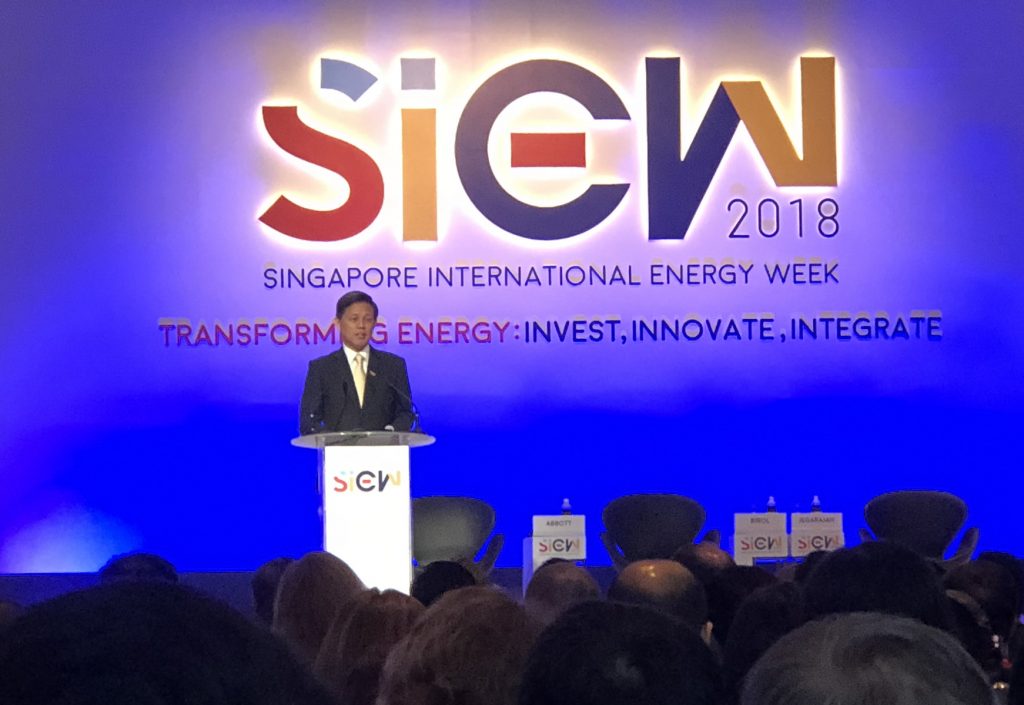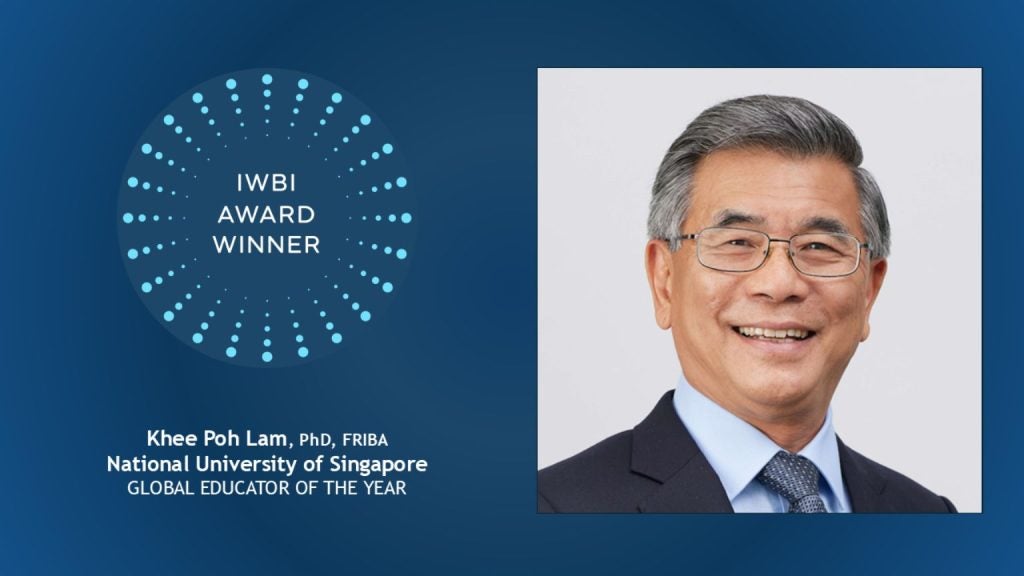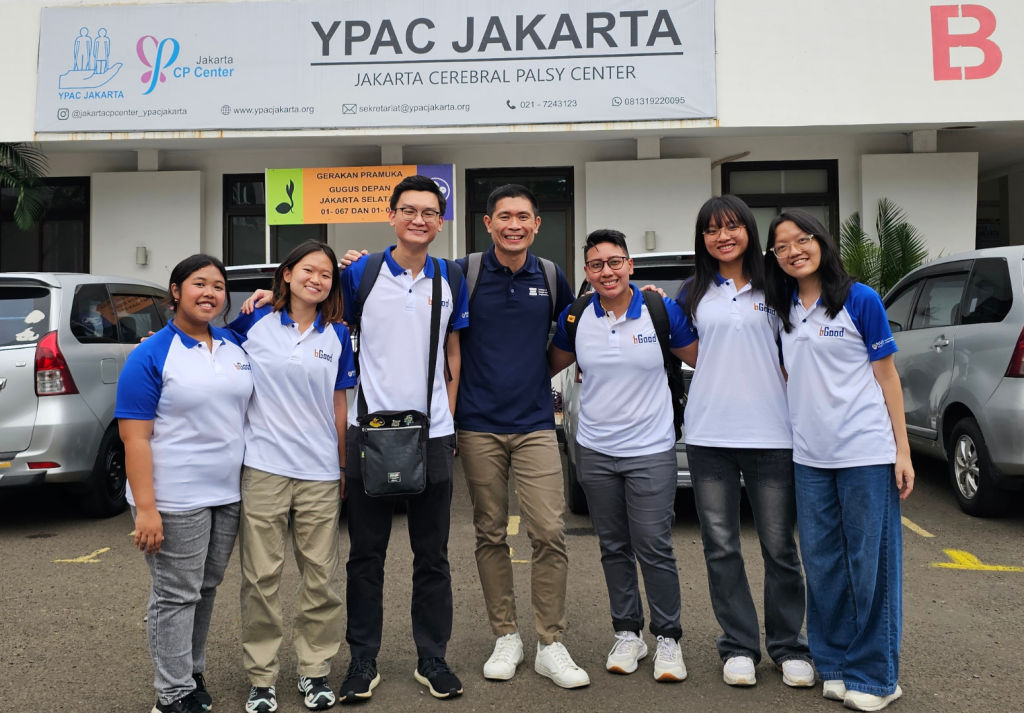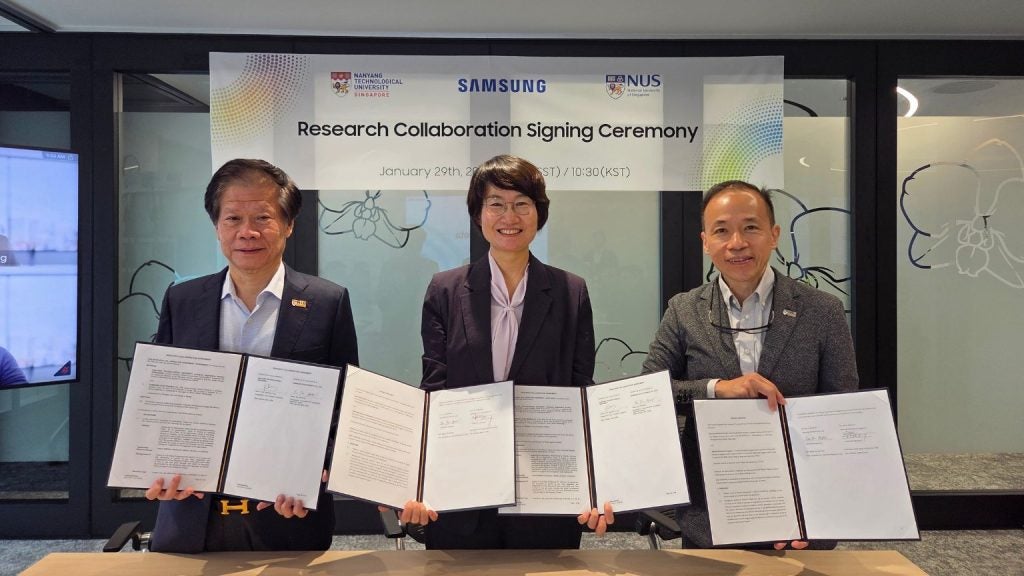
Minister for Trade and Industry, Mr Chan Chun Sing, at the Opening Ceremony of the Singapore International Energy Week (SIEW) on 30 October 2018, announced the formation of the Cooling Energy Science and Technology Singapore (CoolestSG) Consortium. CoolestSG, which is hosted in NUS, will develop and accelerate the deployment and commercialisation of cooling technologies, which can be applied to buildings, data centres and industry. Technologies include both active and passive cooling, and cooling by integrated design.
CoolestSG offers a platform for industry partners and research performers to interact and work together to identify relevant topics, gain insights into Singapore's future cooling needs, as well as develop innovative solutions that meet the needs of the industry. Companies that join the consortium will get to test their technologies at the facilities of research institutes and government agencies here, such as the Building and Construction Authority's (BCA) SkyLab. The consortium will also be working with government agencies to achieve national sustainability goals for energy efficient cooling, including BCA's Super Low Energy Buildings Technology Roadmap, and the Infocomm Media Development Authority's (IMDA) Green Data Centre Technology Roadmap. 30 companies including Ascendas-Singbridge Group, CapitaLand Limited, ENGIE Services Asia Pacific, Mitsubishi Electric Asia Pte Ltd, Natflow Pte Ltd, and Shinhan Tech-Engineering Pte Ltd, are part of the consortium.
Prof Philip Liu Li-Fan, NUS Vice President (Research and Technology) and a Distinguished Professor in the NUS Civil and Environmental Engineering, is the Co-Chair of the CoolestSG Management Board. "CoolestSG aims to accelerate the creation of innovative cooling solutions and translating these technological advancements from the lab into real-world applications. Through this unique public-private partnership, academic institutions, government agencies and the industry will team up, pool resources as well as share knowledge and capabilities to co-create cooling technologies that are energy efficient and commercially viable. These industry projects will also serve as training opportunities to build a strong talent pipeline to meet Singapore's future energy needs," said Prof Liu.





